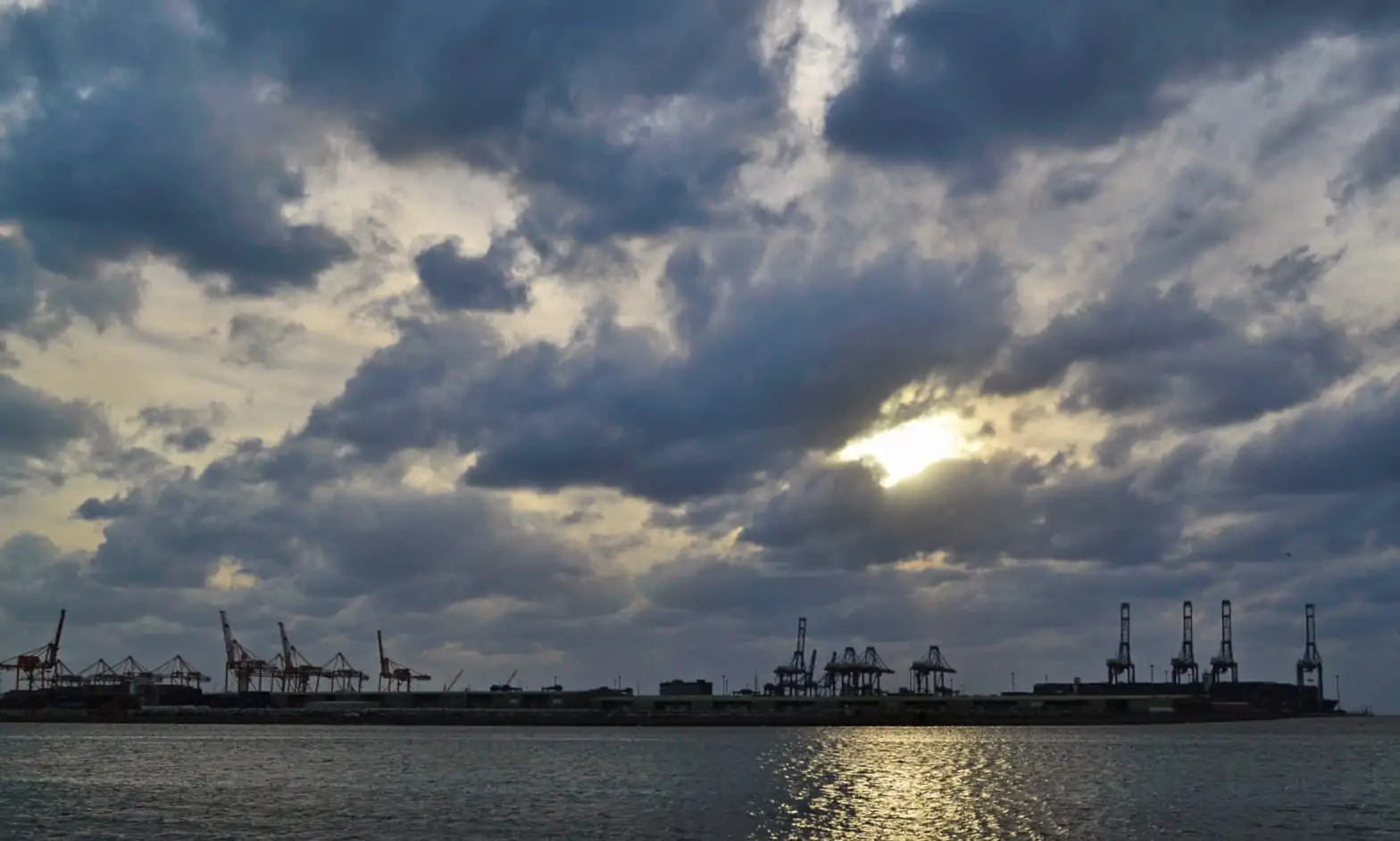The warming Arctic is the stage of an ongoing maritime, geopolitical and geo-economic revolution.
For example, end of August 2018, the Danish Maersk Company, one of the major ship owners in the world and the world’s largest container shipping company by both fleet size and cargo capacity, sent a first container ship using this route, in order to test its commercial use. The ship went from Vladivostok to Saint Petersburg, through the Bering Strait, following the northern coast of Siberia (Tom Embury-Morris, “Container Ship Crosses Arctic Route for First Time in History Due to Melting Sea Ice”, The Independent, 18 September, 2018).
Since 2013, each year, the number the number of Chinese cargo convoys using the Russian Northern Sea Route, also known as the North East passage, increases thanks to the rapid warming of the region, which transforms











